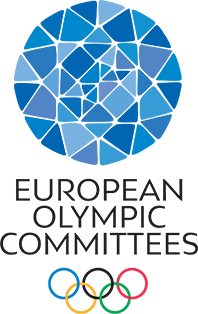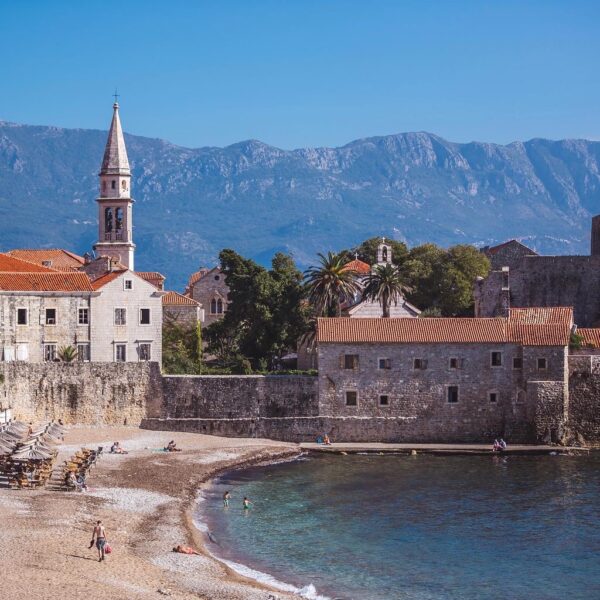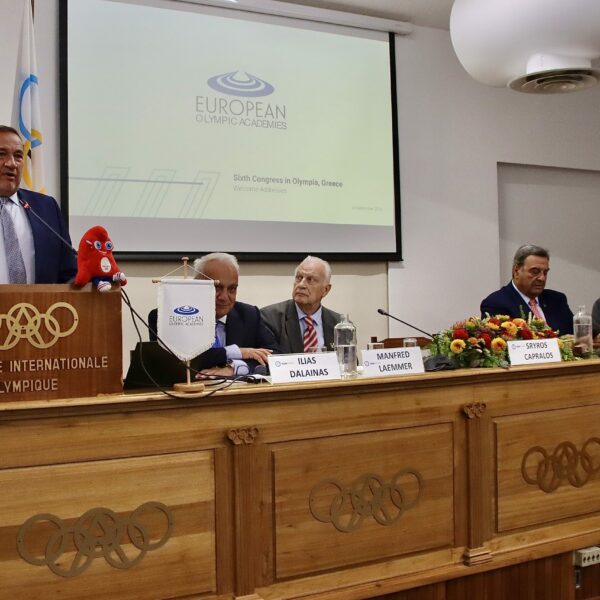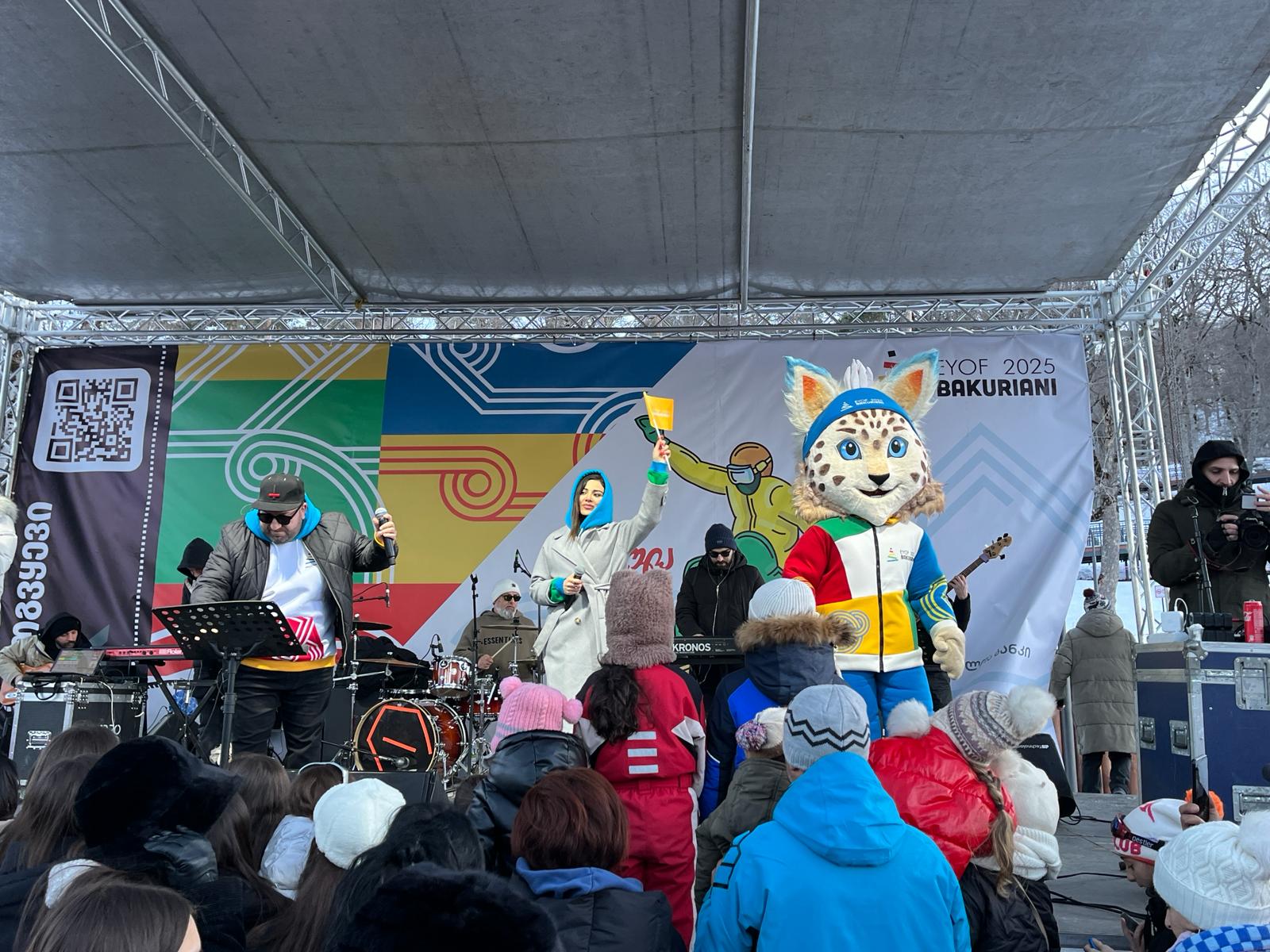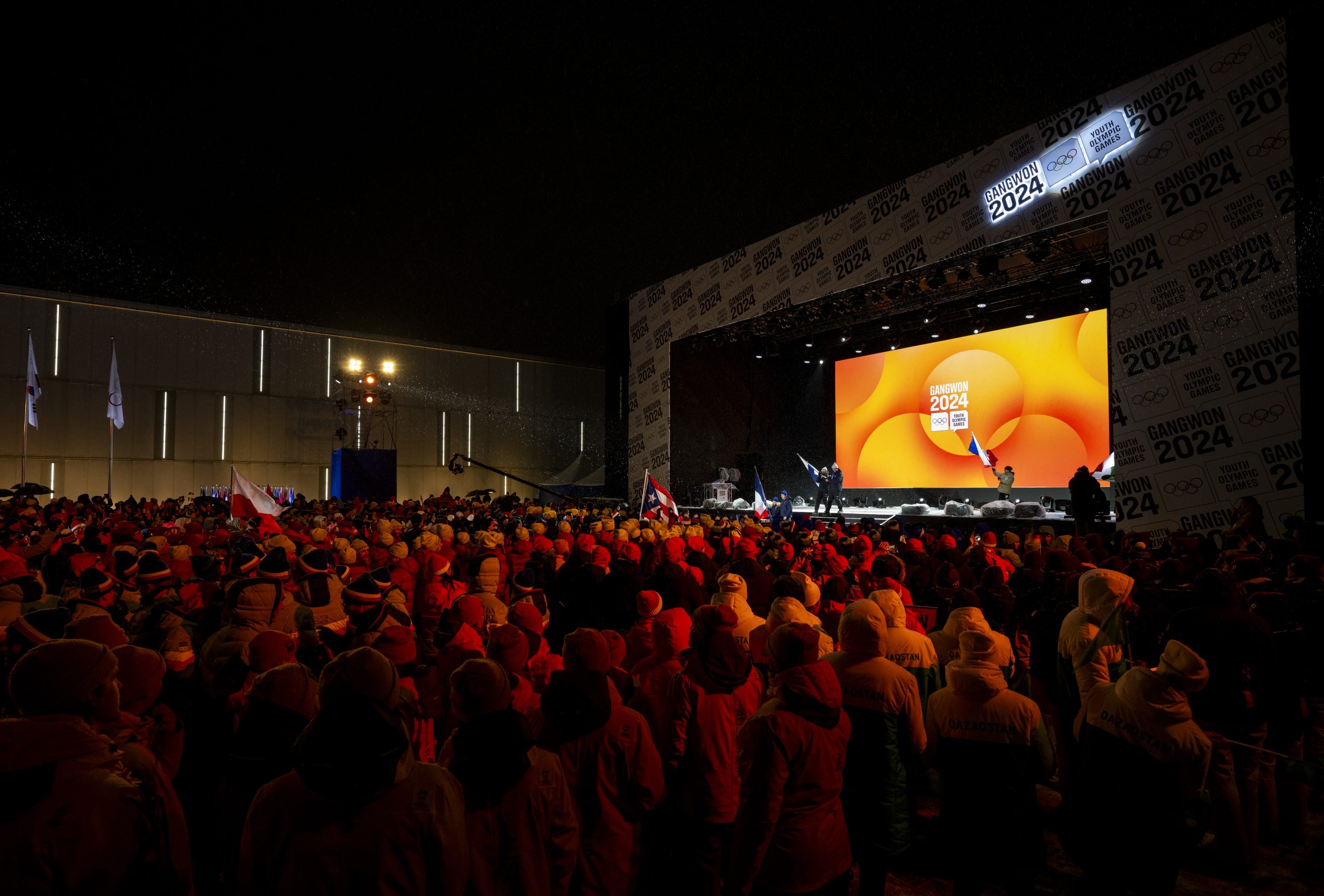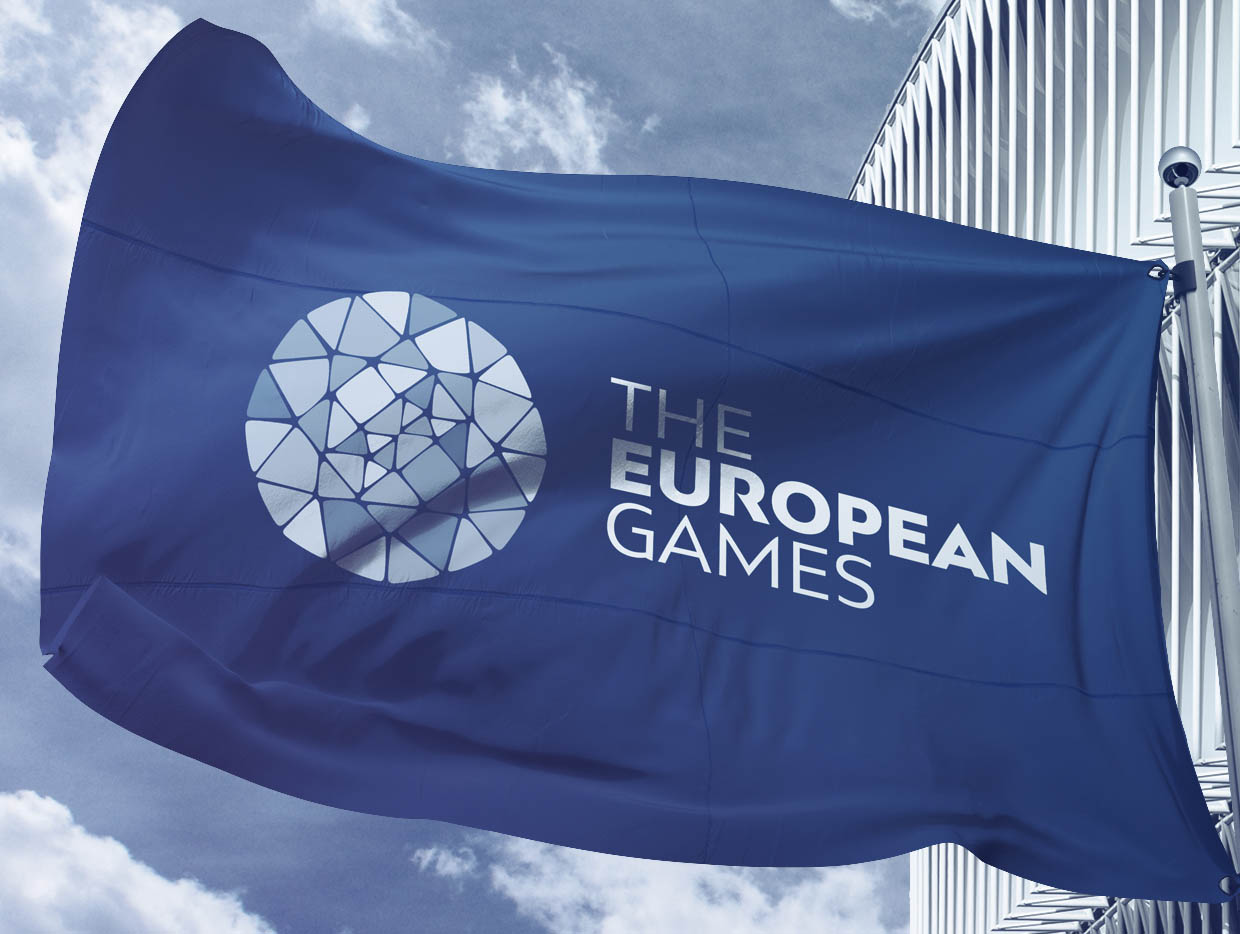European Olympic Committees (EOC) Executive Committee (ExCom) member and Gender Equality, Diversity and Inclusion Commission Chair Annamarie Phelps has delivered a keynote presentation at the 18th Council of Europe Conference of Ministers Responsible for Sport in Porto, Portugal.
The three-day event was organised by the Enlarged Partial Agreement on Sport in co-operation with the Ministry of Parliamentary Affairs and the Portuguese Institute of Sport and Youth, and brought together representatives from more than 40 countries. It placed collaborative governing and good governance in sport at the heart of its agenda.
Ms Phelps delivered a keynote presentation on a focus session about gender equality, and took part in a question and answer session with the audience and viewers online. She was then part of a panel discussion on solutions to greater leadership for women in sport.
During her presentation, Ms Phelps urged action to overcome resistance towards women in leadership positions in all sectors.
“Right now, we are at a tipping point. While our networks are telling us that leadership in sport remains a key battle area, surveys indicate that the global public are suffering from equality fatigue, and we’re seeing programmes to promote women’s leadership in corporates being cut back,” she said.
She called for the increased implementation of strategies and fair financial investment to make sport accessible to all, and stressed the untapped opportunities for growth provided by women’s sport and fans.
Ms Phelps highlighted gender mainstreaming, quotas and male allyship as three areas for consideration regarding sport policy and funding.
She noted that only four per cent of National Olympic Committees’ leaders globally are women, but cited the EOC’s requirement for a minimum of five of the elected 16 ExCom members to be of each gender as an example of how sports organisations can catalyse positive change.
“We know that quotas work. The European Olympic Committees introduced a 30 per cent quota in 2020, which transformed the candidate nomination list, and instead of five women being elected via the quota places, seven were elected in their own right,” she said.
The EOC remains steadfast in its commitment to strengthening gender equality within the organisation and at its events, and will continue to promote gender equality in the Olympic Movement in Europe. Gender equality was one of the key topics discussed at last month’s EOC Seminar in Budva, Montenegro.
Ms Phelps presentation can be watched in full here.
